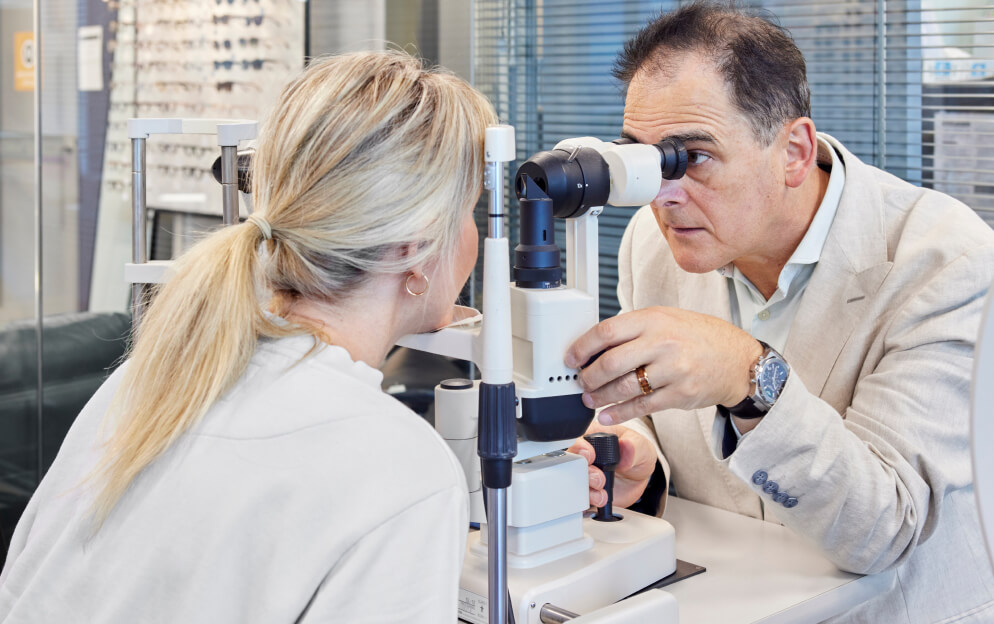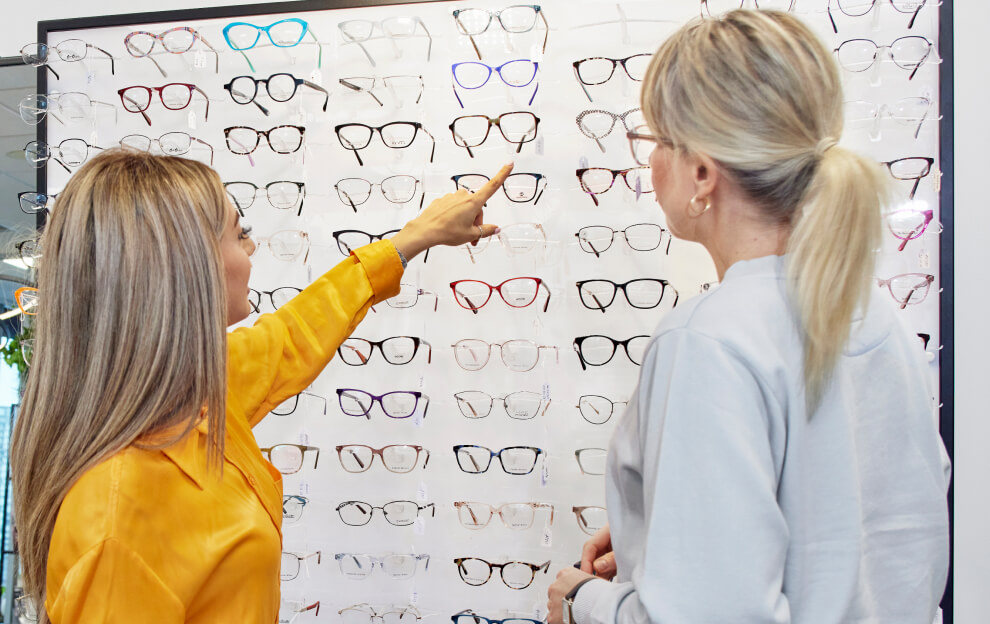Behavioural Optometry
Specific process, function and task-related, behavioural optometry deals with a variety of processing disorders such as dyslexia and concentration issues.
Find Out MoreWhat Is Behavioural Optometry?

Specific process, function and task-related, behavioural optometry deals with a variety of processing disorders such as dyslexia and concentration issues.
ADHD and various forms of autism are also facilitated into a greater ease of visual consciousness that has positive effects on behaviour.
Changing spatial context and perspective using appropriate lens and prism can positively affect and change these conditions.

Diagnosis and Treatment

- Retinoscopy
- Autorefraction
- Counselling – explaining the issue and looking at its treatment in new possibilities
- Lens and prism using balanced binocular integration
- Supporting the visual system with sequential lens and prism interaction and integration
- Periodical reviews – normally 6 months or stated otherwise

Benefits of Behavioural Optometry:
Realign sensory, muscle and optics for easier reading and comprehension abilities in dyslexia
Help the brain in ADHD to help focus easier and aid concentration capacity
Facilitate localisation of sound in auditory processing disorders
Alleviate some autistic behaviours in learning
Facilitate attentiveness through easier focusing and thereby concentration
Support and redirect visual vagueness and brain function

100-Day Perfect
Prescription Guarantee
It’s important to us that you love your new lenses and are confident you’ve made the right choice. So, if you start wearing them and experience discomfort or see no improvement, you can return to us any time within 100 days of purchase. We’ll re-test your eyes, make any adjustments and replace your prescription lenses free of charge.
Experience the Latest in Behavioural Optometry with Microprism Optics
At Microprism Optics, we work at the cutting-edge of developments in behavioural optometry in Melbourne. Our Docklands clinic takes a holistic approach, making full use of the most current technologies for vision therapy for adults and children. We can prescribe glasses and a range of other therapies to help correct your eye condition. Call us today to book in for an eye exam on (03) 9606 0330. Read More
Holistic Behavioural Optometry in Melbourne
Vision anomalies and disorders are commonly associated with biological causes, such as changes to the health and structure of the eyeball. However, they can also be caused and exacerbated by behavioural habits and conditions
At Microprism Optics, our team includes a qualified behavioural optometrist in Melbourne who can assess patients in Melbourne of all ages who have vision problems requiring correction. We apply quantum physics (biological application) to optometry and deliver solutions that are tailored to your needs. The opticians at our Docklands clinic are well qualified to assist in frame, lens selection and optical appliance dispensing with special Integrative activities that complement the optometric consultation and prescribing.
What is Vision Therapy?
Does your child have perfect vision and still seems to struggle in school? Are you experiencing symptoms like double vision and headaches after reading? These are common issues that can be treated with vision therapy. Microprism Optics is a provider of vision therapy in Melbourne, and we’re here to help you figure out if this is something that could be useful for you or your child.
Eye therapy is a well-researched treatment option used to improve brain-eye communication and visual skills in both children and adults. This can be used to treat a number of different problems that affect people even with 20/20 vision. There can be nothing physically wrong with your vision and you can still lack the visual skills that make things like reading and writing easy. This kind of therapy takes the form of a personalised treatment program that varies greatly in length depending on the individual. It utilises vision exercises along with equipment like lenses, prisms, filters and occluders to improve skills like eye-tracking, focusing, convergence, eye-hand coordination, visual processing speed and more.
Who Can Benefit from Eye Vision Therapy
Eye therapy in Melbourne is most commonly used to help children experiencing difficulties in school improve their academic performance. If your child struggles with reading or comprehension but you’ve been told there’s nothing wrong with their vision and they don’t have a learning disorder, it might just be that they lack the visual skills required to perform well academically. Common signs of a child struggling with their visual skills include reading, comprehension and spelling difficulties, messy handwriting, difficulties concentrating and poor depth perception.
However, adults can benefit too! If you experience symptoms like headaches or tiredness after reading, double vision, poor hand-eye coordination, dizziness, finger-pointing while reading and closing or covering one eye, you could greatly benefit from improving your visual skills. It can be hard to know something is wrong when you’ve never known anything different, but if tasks like reading and writing have always been difficult for you, chances are you could get rid of those struggles with therapy.
Common conditions that can be helped by eye vision therapy include:
- Convergence insufficiency
- Lazy eye treatment
- Cross-eyed
- Visual perception and processing difficulties
Are You in Need of Vision Therapy for Strabismus?
Childhood is a crucial time when it comes to how our eyes develop, and it is not uncommon for them to grow abnormally and need correction. Whilst this can be inconvenient in most ways, visible problems like strabismus can have a catastrophic effect on a child’s confidence.
Misaligned eyes can often result in low self-esteem and anxiety, in addition to problems associated with strabismus when it comes to strain and depth perception. Ultimately, strabismus requires psychological care as well as optometry.
It’s for this reason that anyone offering vision therapy for strabismus should have a good understanding of not just how to treat eye misalignment but how to offer pastoral care to those who come to them to help. Those who have grown up with the condition will likely have created all kinds of personal adaptations.
The Benefits of Vision Therapy
Improving your visual skills is likely to have a hugely positive impact on your life. You can improve your academic and professional performance and enjoy hobbies like reading and writing without experiencing headaches and tiredness. If this is something your child struggles with, they’ll no longer be falling behind in school and can start getting much better grades and fulfilling their potential. All of this can be done without taking medications, by completely natural and non-invasive means. For a lot of people, this kind of therapy gives quick results, making a noticeable difference in only a few weeks. One of the biggest benefits of eye vision therapy is that it’s a personalised treatment program designed to treat your specific difficulties, which is why it’s so much more effective than generic approaches. If you think this might be helpful for you or your child, contact a professional like the Melbourne’s optometrists at Microprism Optics. You can also visit this website for more info about vision therapy
The Correlation Between Vision & the Brain
Behavioural optometry focuses on vision as opposed to eyesight. While eyesight refers to seeing what is in front of a person, vision refers to the ability to focus, aim and move eyes. Vision is connected to the brain’s sensory systems that control movement, balance and the ability to do simple tasks like walking and reading.
While the foundation of behavioural optometry is built on traditional optometry, the emphasis is more on functional dynamics:
- The focusing, aiming and movement of the eyes
- Processing of visual information
- How vision can affect movement, balance and everyday tasks
Diagnosis & Assessment
A behavioural optometry assessment looks at more than just eye function, providing a more holistic snapshot of all elements of vision that can also impact on other areas of a person’s life, as well as conditions that can impact on vision.
Once this assessment is complete, the optometrist will write a report describing the state of the patient’s visual perceptual skills and a diagnosis on their condition. If any problems are identified, a behavioural optometrist may recommend ophthalmic aids and/or behaviourally directed vision exercises to rectify them. This includes having the patient undergo vision therapy that will include prescribed activities designed to train the affected eye with eye movement skills.

Conditions Behavioural Optometry Can Treat
This type of optometry can treat various conditions, including:
- Lazy eyes
- Eye motor control issues
- Developmental delays
- Reading difficulties
- Acquired brain injuries
How Behavioural Optometry Can Help Children
Children who struggle with learning to read and write or concentrate at school might have a problem with their vision. Our optometrist can assist children by assessing their visual capabilities and planning a vision therapy program that is suited to their individual requirements and age group.
During therapy, we take note of their visual skills, including eye tracking, eye teaming, eye focusing and visual perception. We will help your child to develop their vision skills, allowing them to reach their full potential at school and with extracurricular activities.
Behavioural Optometry for Adults
Many adults experience blurred or double vision due to accidents and illnesses. Our optometrist can provide a comprehensive vision assessment that will determine what type of treatment a patient will need. Such treatment can include a vision therapy plan, vision exercises and lenses that will help to improve the patient’s quality of life and their ability to carry out everyday tasks.
How We Can Help You
Whether you need a behavioural optometrist for children or adults, Microprism Optics can provide solutions to change and alleviate your specific conditions.
People are often surprised when our behavioural optometrist tells them that dyslexia, autism, learning disabilities, brain injury, visual processing issues and concentration disorders like ADHD can be connected to vision. When you think about it, however, these conditions all affect the way people process the world around them, and much of that is filtered through the eyes. Our Melbourne’s optometrist aims to address this and improve vision accordingly.
Treatment Methods
Our experienced team can conduct a behavioural eye test and behavioural optometry assessment in order to formulate a treatment plan that may include behavioural optometry exercises, including Vivid Vision therapy. We can also provide prism glasses and lenses that are tailored to your specific needs. These can alter spatial context and perspective, allowing wearers to process the world with more focus and clarity.
Our treatments adhere to the latest developments surrounding neuroplasticity and muscle memory, facilitating a greater ease of visual consciousness.
Make a Booking Today
If you’re looking for behavioural optometry in Melbourne, Australia, make an appointment with Microprism Optics optometrist in Melbourne today. Call us now on (03) 9606 0330 to learn more and make a booking at our clinic in Docklands. Alternatively, you can message us online and we’ll get back to you shortly. Read Less
Associations and Registrations
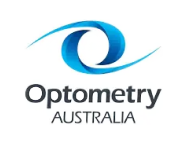

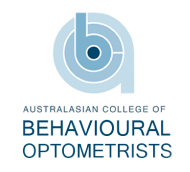





Here’s How It Works…
Book In An Eye Test or Tele-Consult
If you’re ready to get started, there are 3 options to choose from. You can schedule a free 360° vision screening test, or you can book a comprehensive Quantum Photo Somatics test of your vision and eye health. If you’re unsure, and you’d like more information – book a free 10-minute, no-obligation telehealth consultation with our team.
We Find Out More About Your Vision
You’ll discuss your vision with our experienced optometrist, then we’ll devise a treatment that’s tailored to your specific needs and vision. This will include the use of Microprism™ lenses and prisms that aim to stop deterioration and improve your eyesight.
Follow Our Treatment Plan
Your new Microprism™ lenses will ‘work out’ your eyes as you wear them. They aim to change the way your eye muscles work, while supporting how your brain processes visual information… an integrative approach that has helped 1,000s of our clients improve their vision and health.
Monitor Results And Adjust Accordingly
The aim of your treatment plan is to improve your eyesight, mind and body function within 6 months – an aim we’re serious about achieving. If there is no improvement after wearing your Microprism™ lenses, we’ll make adjustments and replace your prescription free of charge!
Hear What Clients Say About Us…
Need More Information?
Take A Look At Our FAQs
We help a range of vision and other health related problems by redirecting how light is presented to the body. People present with a range of issues including but not limited to:
- Sensitive eyes
- Poor vision
- Frustrated with vision
- Worsening vision
- Balance issues
- Complex issues
- Subconscious issues
- Low energy
- Low motivation
- Vertigo
- Dizziness
- Dyslexia
- Double vision
- Post stroke
- Post accident or injury
- Closed brain injury
- Concussion
- Post trauma
- Depression
- Anxiety
- Emotional stress
- Stress
- Psychological issues
- Physical ailments
- Physical injuries
- Aches and pains
- Mobility issues
- Visual processing
- Performance and learning issues
- Turned eye
- Dry eyes
- Lazy eyes
- Nausea
We take a unique approach to vision and eye health by holistically and dynamically assessing vision, mind and body as a complete unit, working on conscious and subconscious levels.
Our unique methodology, Quantum (Energy) Photo (Light) Somatics (Body Movement) (QPS) has been developed by Dr Michael Christian. QPS supports Optometry and is an endorsed and accredited field with the IICT (International Institute of Complementary Therapies) myiict.com.
It engages a real time integrative feedback system of many factors, making adjustments, counter checks and further adjustments through the process.
Light uniquely and appropriately refracted through lens and prism combinations support and change factors such as breath, posture, balance, muscles, energy, nerves, emotions, movement and body functions, which in turn aims to positively affect the eyes and vision.
Once we understand the wearers profile, we prescribe balanced, highly customised, activating lens and prism prescriptions. These lenses aim to change the way the wearers eye muscles work while supporting how the brain processes visual information.
Just as you work out your body with weights and movement, the glasses we prescribe act as a personal trainer for your eyes that are designed to work just by wearing them, without the hassle of boring and limited time-consuming eye exercises.
The lenses aim to also encourage improvement of health conditions that are linked to, being caused by or exacerbated by poor vision, while aiming to avoid the usual deterioration of vision commonly experienced by long-term glasses wearers. The eyes affect the mind and body, and the mind and body affect the eyes.Both need optimal support. These links and relationships are thoroughly investigated in depth for each person.
Just as good air, food and water provides integral fuel for the body, good light, presented correctly, provides integral fuel for vision and mind.
The function of your eyes has a flow on effect to the rest of your mind and body. Just as changing any nerve or muscle group in the body does.
Microprism integrative prescriptions are derived by focusing two eyes together in specific binocular refractive patterns for clear perspective and detail discrimination. In Microprism progressive lens manufacturing, the prism is located in unique non-traditional active locations to ensure clear, open, comfortable and dynamic vision. Microprism directional prisms (up, down, in and out summations) are located differently and affect eye muscles, changing eye shape and location and the perception of objects within a space. The internal shift on eye muscles via the incoming prism re-directed light, effects and brings into alignment and balance, how near, distance and perspective are observed. This ideal state of alignment brings ease to the optical, motor and sensory system and has a positive flow on effect to the rest of the body. Light feeds the whole biophotonic transduction system of the body.

Check Out Our Industry-Leading
Eyewear And Optometry Services
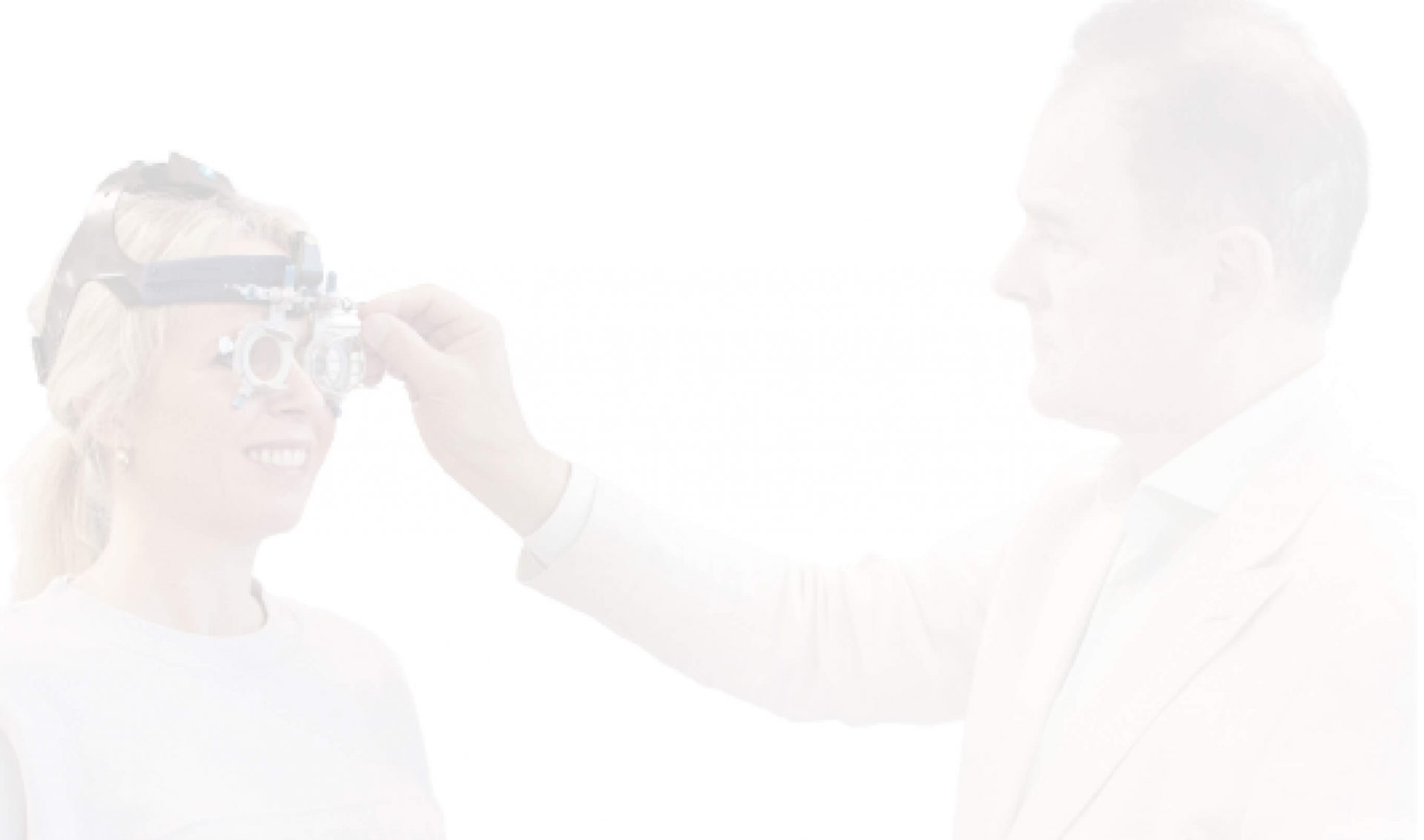
NOT SURE IF THIS COULD WORK FOR YOU?
Book A Free 360° Vision Test
Since 2001, Microprism Optics’s have helped over 9,315 people to improve their vision and eye health, and it all started with a free 10 minute, 360° vision test!
You’ll try on prism lenses while we test your vision under real world conditions – seated, standing, walking, at a distance, and in close range to a screen and objects. You’ll experience the benefits of prism first-hand!
Book your free test with us today and start your journey to better vision.

